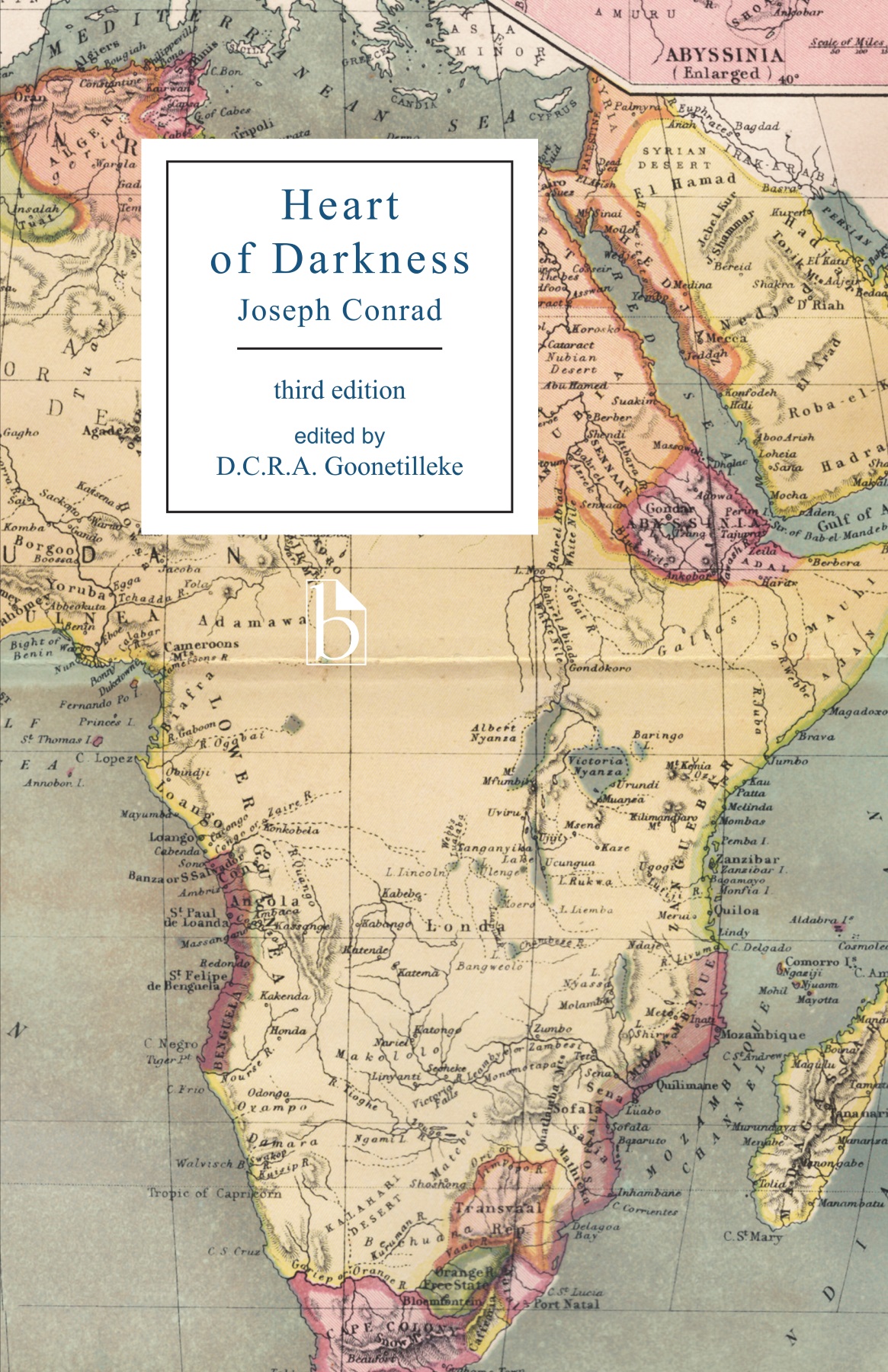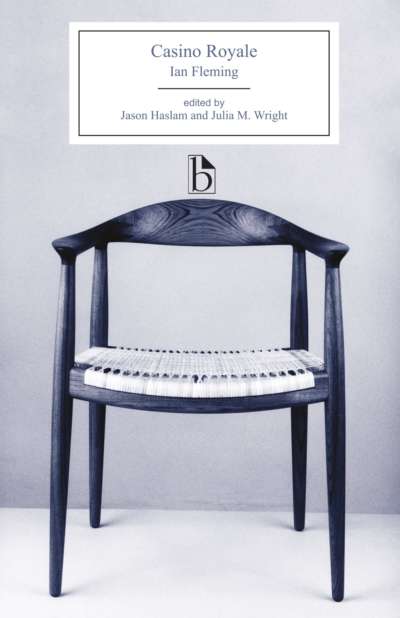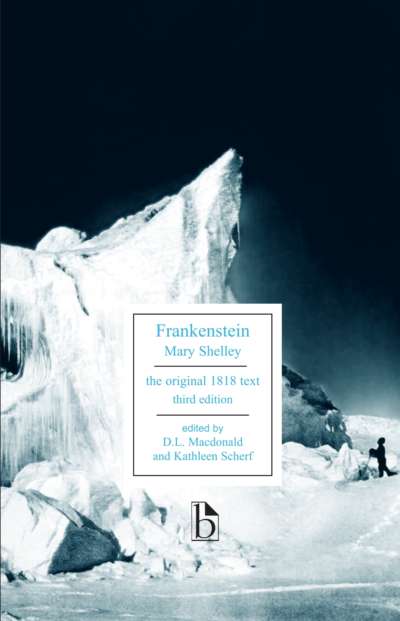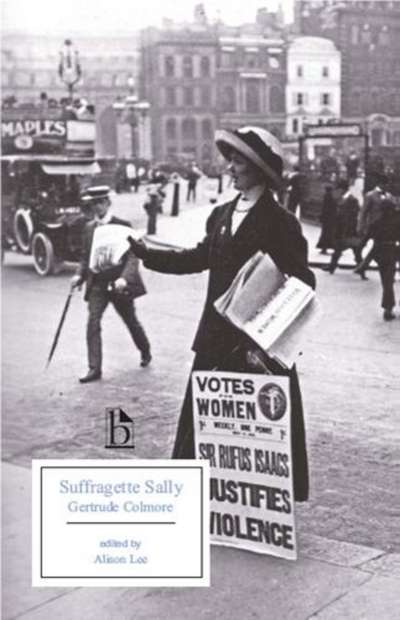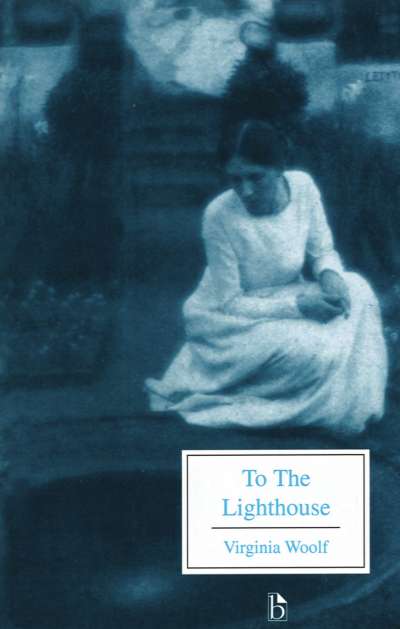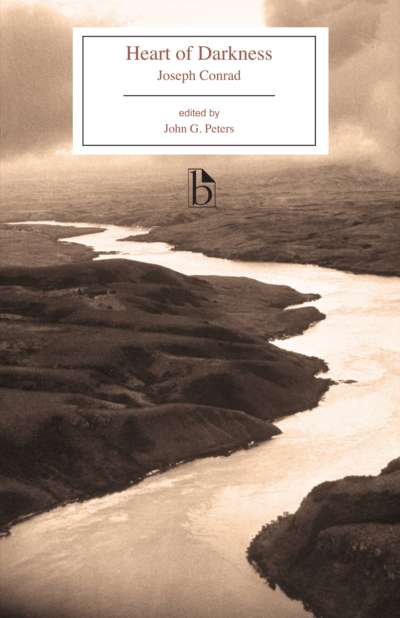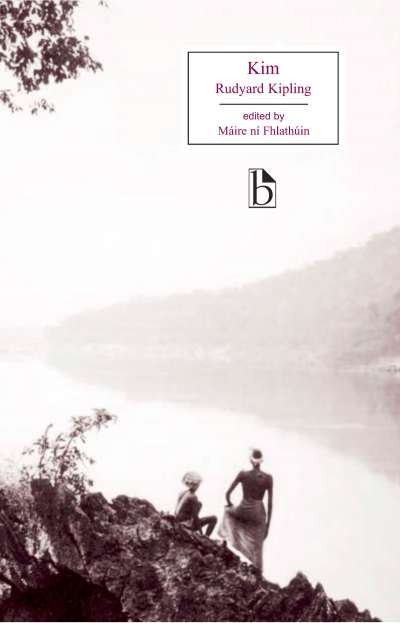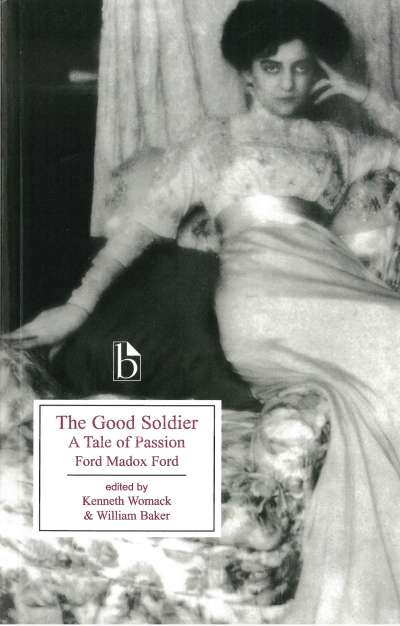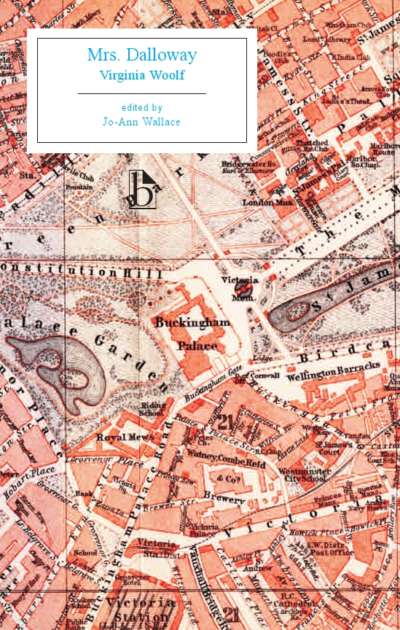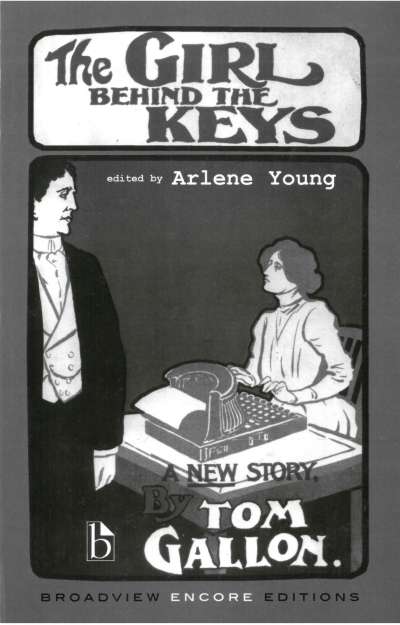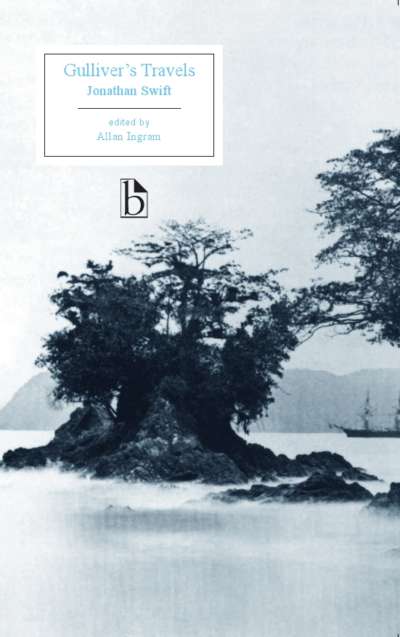The first incarnation of this Broadview edition of Heart of Darkness appeared in 1995, the second in 1999; both were widely acclaimed, and the Goonetilleke Heart of Darkness remained for many years one of Broadview’s best-selling titles. For the third edition the book has been completely revised and updated to take account of the scholarship of the most recent generation. The introduction has been extensively rewritten, and the appendices of contextual materials thoroughly overhauled.
The two previous editions of the Goonetilleke Heart of Darkness included a substantial selection of documents on the history of Benin, ranging from excerpts taken from Olaudah Equiano’s eighteenth-century narrative to documents concerning the Benin massacre of 1897. Those documents concerning a neighboring Bantu society were included in large part because of the paucity of known late nineteenth-century documents concerning the Congo by black Africans—or indeed by black observers of any nationality. In place of those Benin-related materials, this new edition includes substantial excerpts from George Washington Williams’s Letter to Leopold II, as well as substantial excerpts from an extraordinary document not included in any other edition of Heart of Darkness (but discussed extensively in two ground-breaking twenty-first century works of scholarship, David Van Reybrouck’s Congo: The Epic History of a People and Maya Jasanoff’s The Dawn Watch: Joseph Conrad in a Global World): the autobiography of Disasi Makulo. Makulo grew up near the shore of the Congo River in the 1880s and early 1890s, was enslaved by notorious ivory dealer Tippu Tip, and then was taken under the wing of Henry Morton Stanley. Makulo’s account—substantial excerpts of which are here translated into English for the first time—opens an unprecedented window on life in the equatorial forest of the Congo in the late nineteenth century.
Comments
“It is difficult to imagine a more complete, or authoritative, edition of Heart of Darkness. An elegant, and informative, essay introduces the text, but it is the two hundred pages of context which distinguishes this edition from other volumes. Reviews, letters, essays, articles and speeches, give us a fully nuanced picture of Conrad, the Congo, and contemporary attitudes to race, imperialism and exploration. The editor also tracks textual changes, provides us with illustrations, photographs and maps, and manages to distill years of research into a single comprehensive volume that will probably become the standard edition for both the general reader and the scholar.” — Caryl Phillips, Yale University
“It has been twenty-one years since Professor Goonetilleke published the second edition of his casebook on Heart of Darkness. Much has been added in that time to the critical conversation—now lasting 123 years—about the novella that this edition addresses. The enlargements all help to historicize the novella compellingly and most appropriately to the present moment, in terms of Conrad’s own reading at the time, the inclusion of more photos and personal accounts of life in the Congo at the time, a section entitled ‘Perspectives on Race and Imperialism’ that gathers together in a more pointed way some readings already present and several new ones, and an expanded, very timely bibliography. I can’t imagine a more valuable casebook for a classroom reading of Conrad’s novella.” — Andrea White, California State University at Dominguez Hills
“Controversial classics like Conrad’s Heart of Darkness demand editions as revelatory as this one. Following his thought-provoking Introduction, D.C.R.A. Goonetilleke provides us with an abundance of contextual materials, many of which introduce new voices and new perspectives on the book’s writing, publication, and reception. The ‘blank space’ of Conrad’s boyhood apprehension of Africa is filled up with excerpts from the adult novelist’s travel and reading during the peak of European imperialism at the end of the 19th century. Alongside racist propaganda keen to excuse the atrocities committed in the vile scramble for African loot, we hear the voices of a former slave and an African-American eye-witness whose open letter to Leopold II denounced Belgium’s unjust and cruel wars in the Congo. In this edition the figure of the British explorer Henry Stanley hovers around the figure of Kurtz while the human mind itself evolves as the ‘lightless region of subtle horrors’.” — Deirdre Coleman, University of Melbourne
“D.C.R.A. Goonetilleke’s third edition of Heart of Darkness has been updated with an expanded introduction and a number of highly relevant secondary texts not readily available elsewhere. The introduction speaks to undergraduates and specialists alike, providing a clear and effective account of the Congo’s history and of the critical approaches to the novella since its emergence at the forefront of the modernist canon. The text comes with a rich accompaniment of secondary material. Several significant contemporary reviews and the essential letters are here, as is a representative sampling of writing on race and imperialism. The selections relating to Henry Morton Stanley provide valuable background. Of particular importance is a section from the autobiography of Disasi Makulo, a Congolese villager who was captured as a slave a few years before Conrad was in central Africa. Here at last is a voice from Africa itself to set alongside those of Marlow and Kurtz.” — William Atkinson, Appalachian State University
“From the wide-ranging and even-handed Introduction to the absorbing—and often outright arresting—selection of supplementary historical documents, this very substantial edition will give even the newest readers of Heart of Darkness the opportunity to arrive at a properly informed critical opinion on the notoriously contested topic of Conrad, race, and empire.” — Marina MacKay, University of Oxford
“Broadview’s new edition of Heart of Darkness is a welcome addition to the archive for students and scholars. Professor Gooniteleke’s collection of primary and secondary essays, chronologies, and photographs offers a useful complement to John G. Peters’ recent Broadview edition. In particular, this edition brings forward the Congo’s own history to tell that nation’s story as more than a backdrop to Conrad’s tale of European longing. In that sense, this edition reads Heart of Darkness as a story of colliding cultures; not as Europe acting on the passive object Africa. Furthermore, the Broadview Heart of Darkness embraces the fullest archive of writings Conrad would himself have read—including letters from influential friends and significant journalism from the Times and from Blackwood’s. These are Conrad’s own sources for writing about imperialism and about Africa, and they offer scholars an intense resource for exploring that context. Similarly, supplemental photographs from multiple sources offer teaching tools for students of all levels. The Broadview Heart of Darkness frames a story of globalization and imperialism, and frames it in a way that’s as productive for a deep dive by scholars as it is for a classroom visit by students. Together, these make the newest Broadview Heart of Darkness useful for library shelves and undergraduate syllabi.” — Jeffrey Mathes McCarthy, Director of Environmental Humanities, The University of Utah
“This rich critical edition offers a deep engagement with Conrad’s thinking about European ‘criminality … when undertaking the civilizing work on Africa,’ and its apparatus reflects Heart of Darkness’ complicated status as an emblematic text for decolonial and critical race studies. It invites students to critically examine imperialist apologias of the period, perspectives from African, American, and European observers, protest writings, and formative anti-racist efforts from politically active writers such as Roger Casement. It takes account of recent discussions in Conrad scholarship as well as the text’s early reception history.” — Judith Paltin, University of British Columbia
“D.C.R.A. Goonetilleke’s third edition of Heart of Darkness arrives at a critical moment when racially motivated violence against African Americans has spurred mass public protests across the world and renewed calls for action by the ‘Black Lives Matter’ movement. His comprehensive introduction, along with revised and expanded Appendices offer a wide-ranging historical and political context to Conrad’s literary exposé of imperial domination and brutality in late 19th century Europe. These contextual materials enable important and challenging discussions of systemic and ingrained racism, for, as American writer and activist James Baldwin wrote, ‘[H]istory is not the past. It is the present. We carry our history with us. We are our history.’ This new edition is compulsive, compulsory reading, providing an excellent basis for the reader to probe the text further—and, if one were to allow it, see one’s self in it.” — Ranjini Mendis, Kwantlen Polytechnic University; Founding Editor, Postcolonial Text
“For this edition, Goonetilleke has broadened the range of documentary evidence in the appendices, and in particular given voice to black observers. … A substantial excerpt from The Life of Disasi Makulo is included here and, as Goonetilleke writes in the preface, this ‘opens an unprecedented window’ on life in the Congo in the late nineteenth century. … An existing section, ‘British Perspectives on Race and Imperialism,’ has been extended for this edition…. Together, [the selections in this section] provide invaluable further reading and also help to contextualize Goonetilleke’s discussion on race and imperialism in the introduction. … Most importantly, this volume offers a wide range of different perspectives on which to draw, and readers will be inspired to keep returning to Conrad’s narrative.” — Patricia Pye, Joseph Conrad Today
“Now in its third iteration, D.C.R.A. Goonetilleke’s excellent Broadview edition of Heart of Darkness is provided with a new preface and introduction and includes fresh accompanying contextual documents that respond to a range of recent criticism and scholarship, … preserving the comprehensive qualities of the previous two editions while positioning the text in relation to current critical debates on globalization, race, history, and empire. … The section on the Congo in particular provides a diverse range of African, American, and European viewpoints from the late 19th and early 20th centuries on the Scramble for Africa and its subsequent pillage and exploitation, with passages from the autobiography of the Congolese Disasi Makulo (c. 1871-1941) giving a significant distinctive voice to the often-inarticulate Africa found in Conrad’s work. … Clearly laid out, highly astute in its selections, very handsomely presented, and up to date, this edition offers a superb entry point for readers of all kinds to Conrad’s most enduring and challenging work.” — Richard Niland,The Conradian
“[This Broadview edition is] characterized by diligent editing and the provision of a wealth of critical and historical contextual material... Goonetilleke’s material [in the appendices] ranges much more widely in time, ‘to provide the reader with a fuller sense of the development of (and the protests against) imperialism—British imperialism as well as Léopold II’s brand.’ Goonetilleke also gives samples of various source-materials for Heart of Darkness. ... [T]he Introduction offers a balanced and scrupulous discussion of the text and its times. The section ‘Heart of Darkness, Imperialism, and Race’ is a finely discriminating analysis... [The editor is] to be congratulated on producing such [a] scrupulous, widely-ranging and enlightening volume.” — Cedric T. Watts, Conradiana

